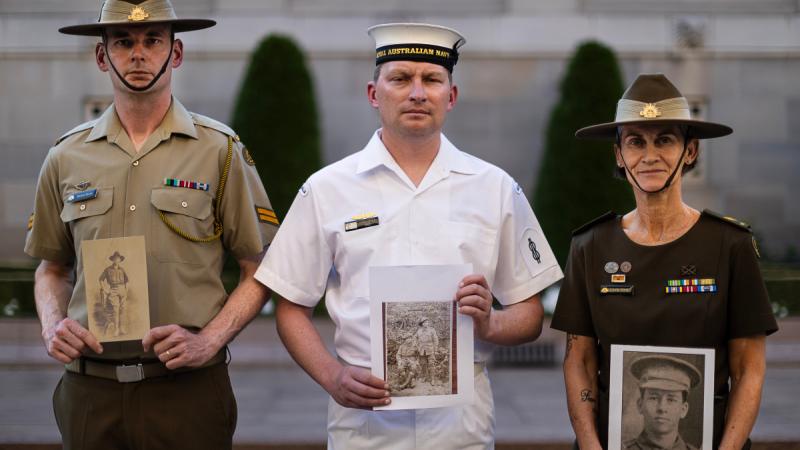Iron ore train drivers are relieved that BHP will finally come to the bargaining table after the company’s prior refusal to negotiate with their workers, even though their enterprise agreement is seven years old and expired in 2018.
The Mining and Energy Union said drivers were looking forward to addressing a number of important issues through collective bargaining, including wage parity, rostering and training.
Drivers were forced to use ‘Majority support’ provisions in the Fair Work Act to require the company to negotiate a new agreement, after BHP rebuffed multiple requests to begin bargaining for a new Agreement.
Almost seventy percent of the workforce – including union members and non-members – signed a petition calling for the company to bargain with the Mining and Energy Union as their representative. The Fair Work Commission determined that there was majority support among the workforce for bargaining and BHP has agreed to start talks in 2022.
Over 400 BHP train drivers drive the gigantic trains – some 2.4 kilometres long – which carry iron ore from the inland mines near Newman to Port Hedland. The longest trains carry about $7 million in ore to be shipped to steelworks in China, South Korea and Japan.
Train drivers will now develop a log of claims but have already raised a range of issues they are seeking to address through bargaining including wage parity – currently drivers can receive pay packets up to $50,000 less than another doing the same jobs, depending on their start date.
Roster changes have been highlighted during COVID, with many drivers now struggling with fatigue due to less time off. Training and the ability to gain recognised qualifications is another issue drivers have raised.
Mining and Energy Union WA Secretary Greg Busson said it was a pity BHP had to be forced to talk to their own workforce.
“These workers have bent over backwards to keep this industry on its feet during COVID, they moved from a two week on two week off roster to two week on one week off, but these sacrifices have meant nothing to BHP, they still refused to meet with their workers,” Mr Busson said.
“Many national FIFO workers have had to relocate to WA during COVID, leaving their kids and partners behind. For BHP COVID restrictions have been disruptive, for their workers it’s been personal.
“The iron ore sector is booming but BHP still wouldn’t meet with the people who’ve made it happen, it’s a disgrace to be honest.
“One in five people have left the iron ore industry in the last 18 months, that’s a lot of skills and experience to leave a booming sector.
“Now these workers have exercised their rights to bargain collectively with union representation, I hope BHP can come to the table with a grown-up attitude to resolving workplace issues. It is the workers themselves who know what the make and break issues are and I believe it will benefit everyone to come up with solutions.
“Standing together is the only way that workers like these iron ore train drivers are able to improve their position against a mining giant like BHP. I know that drivers are relieved that their wish for a new agreement has been heard and are looking forward to working towards that outcome,” Mr Busson said.








